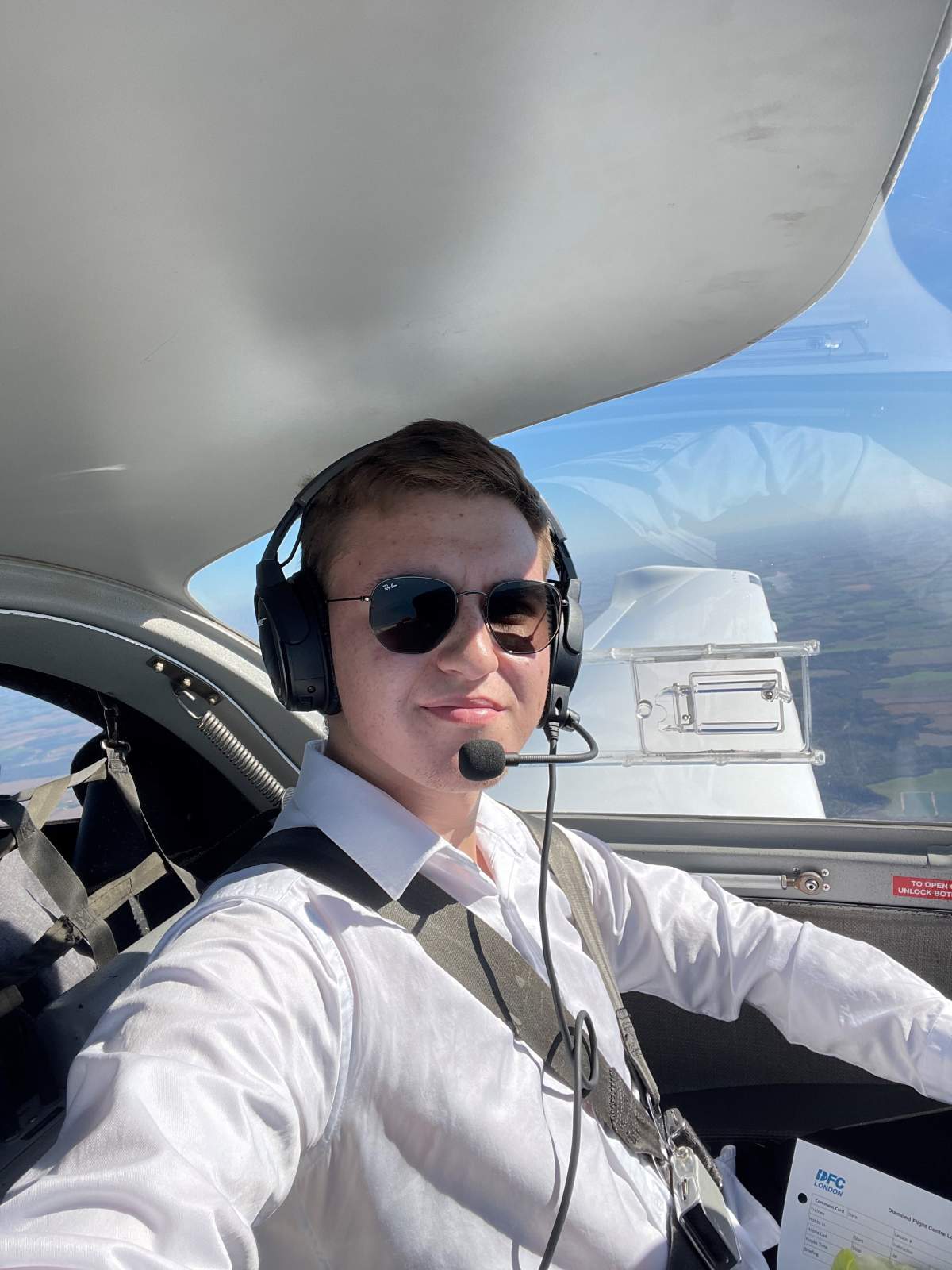London’s Ukrainian community has formed a new group to set up supports for incoming refugees and international students displaced by the the war in Ukraine.

The London Ukrainian Humanitarian Action (LUHA) working group is run by community volunteers focused on coordinating humanitarian efforts in the London area for those impacted by the War in Ukraine.
The group has partnered with the London Cross-Cultural Learner Centre , which helps refugees coming to the city to set up supports for those fleeing Ukraine.
With many refugees still oversees, the group is focused on setting up a support network for the 30 or more international students from Ukraine, Russia, and Belarus who have been cut off from home.
“We cannot change the fact that the war has started in Ukraine, but we can control how we respond to the humanitarian crisis”, says Marat Slessarev, Chair, LUHA.
He said with the war ongoing, many Ukrainian students have had their families displaced, unable to help them. Since it is unsafe to return home this summer they need food, places to stay, and a plan for next year.
LUHA has been able to contact most students at Fanshawe College and is working to connect with more international students at Western University.
“Most of international students have their tuition, housing and meals covered and paid for up until the end of April when their term ends in school, but starting in May many have no financial means for covering their housing, meals and of course tuition,” Slessarev said.
Slessarev said they are hoping that Fanshawe and Western might allow students impacted by the war to stay on campus this summer and look at possibly forgiving part or all of their tuition for the next school year.
“We have an excellent opportunity here, a group of committed young individuals who have lost a lot of life ahead of them and if we can keep them in school, I think will be supporting the future of Ukraine and their own future,” Slessarev said.
“By keeping them in school and making sure that they complete their studies so that when the war ends, they can help rebuild Ukraine and of course, support their loved ones who are being displaced and have essentially lost all means at home.”
International student fees are typically triple the fees of domestic students. Second year Fanshawe student Pavlo Byk said even if their fees are temporarily reduced to the price Canadian students pay it would be more manageable.

Get daily National news
Byk is in his second year of a three-year program studying commercial flights and aviation with the hopes of becoming a pilot one day.
With the war in his home country, he said all non-essential business have been forced to close, including his parents, cutting them off from earning an income and help him with his education. Another factor he said is the war’s impact on the Ukrainian dollar causing it to drop in value.
“It’s been definitely a hard time for me and for all the Ukrainians here. Definitely not as hard as for people over there or fighting for the country, but, you know, we are trying to do our best here to support them and volunteer in the London Ukrainian Centre,” Byk said.
He is hopeful with possible help from school and the LUHA that he and others will not have to leave, and be able to finish their education. Beyond worries for himself, Byk is mostly concerned for his family still in a country.
His parents, little brother, and other family members live in the western city of Lviv. He said the base near their home was recently attacked. Byk is thankful his aunt who is in the military was not there at the time.
He is hopeful this will be resolved soon and that he will be able to travel home to see his family this summer.
It’s not just Ukrainian students who have bene impacted by the war. Students from Russia and Belarus are also finding themselves cut off from supports. Slessarev note they are looking to help all students impacted by this war, not just Ukrainians.
“Many of these students left those countries to seek a better life in a democratic society here in Canada. Many have come forward sharing that they are against the war,” Slessarev said.
Byk said he has several friends from Russia, who because of sanctions are unable to receive money from family and are facing the choice of having to leave or find work to cover expenses.
A fund is being set up for Londoners to donate to for students impacted by the war. It will also be used to help Ukrainian refugees once they come to living in London. People who donate to the fund will be provided with a tax receipt.
About 2.95 million people have so far left Ukraine, the UN Refugee Agency (UNHCR) showed as of Tuesday. It is basing its aid plans on four million refugees but has said the figure will likely increase.
LUHA is asking for people to contact them if they have room to take in a student for the summer or for refugees to stay once, they come to Canada. The organizations are also looking for employers willing to hire displaced students for the summer or refugees arriving in the coming months.
“We are trying to be proactive in terms of planning for the inevitable arrival of refugees,” Slessarev said.
“We anticipate that at least initially most of the refugees will be women, children and elderly, so we had a lot of offers from the employers and businesses in London for sort of heavy labor work, but it’ll be nice to hear from employers who can offer work to perhaps in office settings as.”
He also notes that in addition to supports to help them integrate into the community they are also looking to help provide mental health supports for those impacted by the war.
People can contact luhalondon@gmail.com for more information or go to their Facebook page called London Ukrainian Humanitarian Action – LUHA.
— With files from Reuters













Comments